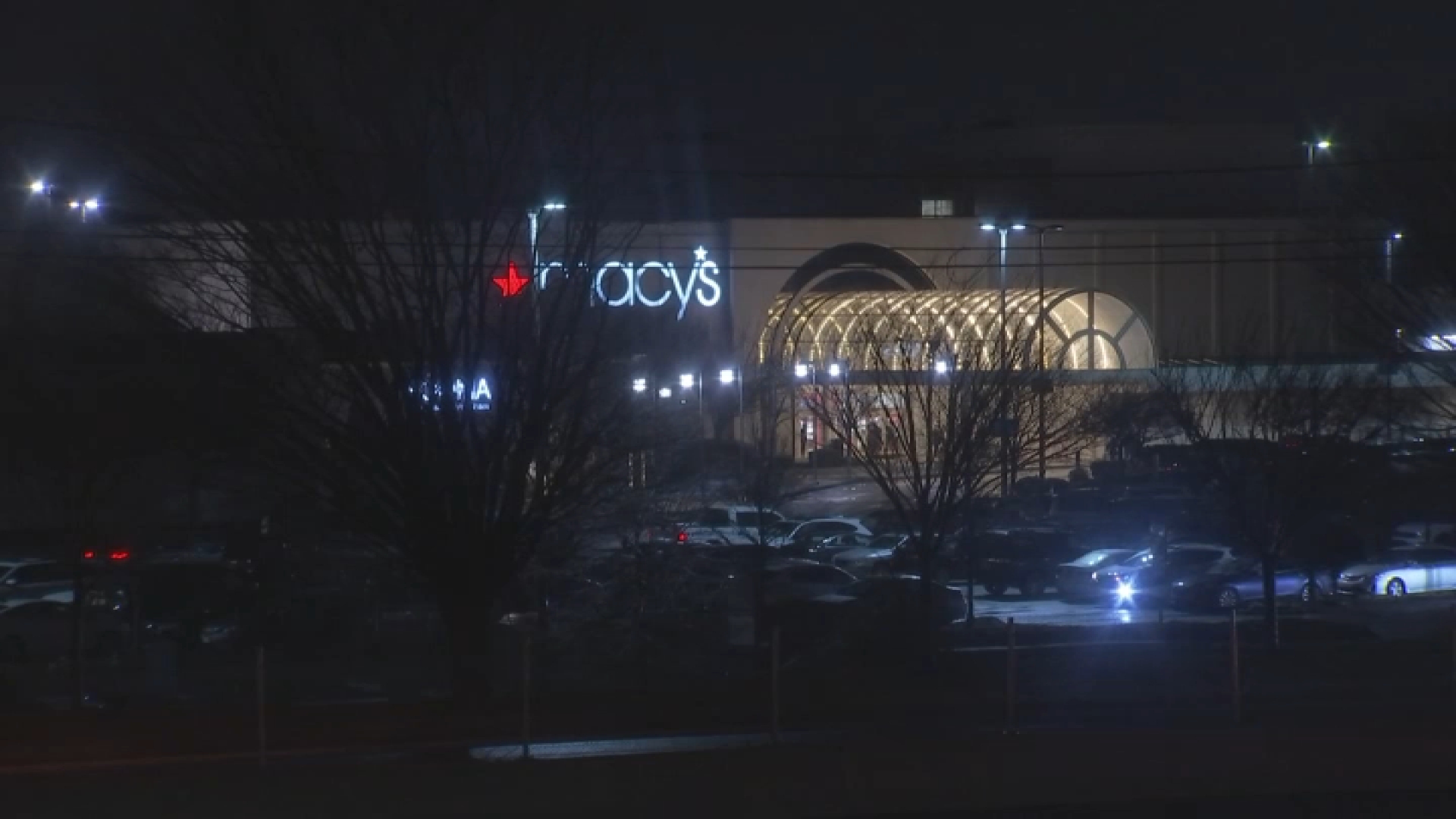Penn State has countersued its former president, claiming he violated his employment agreement by not disclosing what he knew about Jerry Sandusky before the former assistant football coach's arrest on child molestation charges in 2011.
The university's legal counterattack filed Monday was made public by the court on Tuesday, along with Penn State's response to a revised breach-of-contract lawsuit Graham Spanier filed in the courthouse near State College last month.
The school said Spanier violated a 2010 employment contract and wants back the millions it has paid him over the past five years. The counterclaim said Spanier did not fully disclose what he knew about the Sandusky grand jury investigation in 2011, or information he purportedly had about complaints regarding Sandusky showering with boys in 1998 and 2001.
Spanier attorney Tom Clare called it "a last-ditch effort by Penn State to escape liability for its multiple clear breaches" of the separation agreement.
Spanier was forced out as president by university trustees days after Sandusky was first charged five years ago, along with two high-ranking university administrators accused of covering up complaints about Sandusky.
He and Penn State entered into a separation agreement that granted him 18 months' salary, a $1.5 million retirement payment, a $700,000 post-presidency sabbatical payment, and five years of tenured faculty service at $600,000 annually, ending in November 2017.
The agreement also called for the school not to make negative comments about him, an element of the deal that Spanier claims the school has violated.
Local
Breaking news and the stories that matter to your neighborhood.
"Dr. Spanier did not disclose the full state of his knowledge of allegations and investigations involving Sandusky, nor were those facts otherwise known to the university at that time," Penn State's lawyers wrote in the new counterclaim. "To the contrary, Dr. Spanier used his knowledge of those matters to the university's detriment and his own advantage in negotiating the terms of his separation."
After the agreement, Penn State unearthed email messages between Spanier and the two high-ranking administrators, then-vice president Gary Schultz and then-athletic director Tim Curley, about the 1998 complaint investigated by university police and the 2001 incident witnessed by another assistant coach, Mike McQueary.
Penn State said it would have "terminated Dr. Spanier on terms materially different than those set forth in the separation agreement" had they known about those emails in November 2011. The school said Spanier's failure to disclose what he knew, "particularly in light of his 2011 knowledge of the grand jury investigation," ran afoul of his responsibilities as the school's president, trustee and faculty member.
Clare, Spanier's lawyer, said in a statement Tuesday it was "outrageous" that Penn State "would treat one of its longest-serving presidents this way, and we look forward to showing how ridiculous these claims are as the case progresses."
Spanier was charged in 2012 over his handling of the Sandusky matter. He is awaiting trial with Curley and Schultz in Harrisburg on charges of endangering the welfare of children and failing to properly report suspected abuse, a case that has been pared back sharply and delayed repeatedly. All three deny the accusations against them. No trial date has been set.
Sandusky was convicted of 45 counts of child sexual abuse in 2012 and is serving a 30- to 60-year prison sentence. He maintains he is innocent and an appeal is pending.



